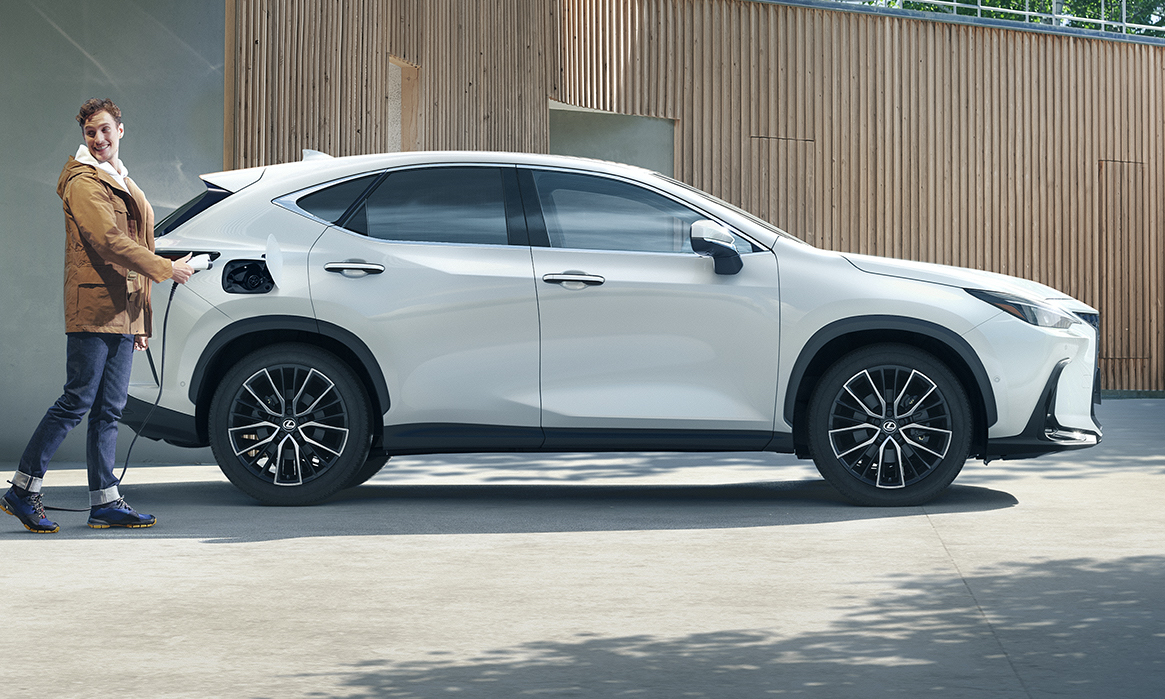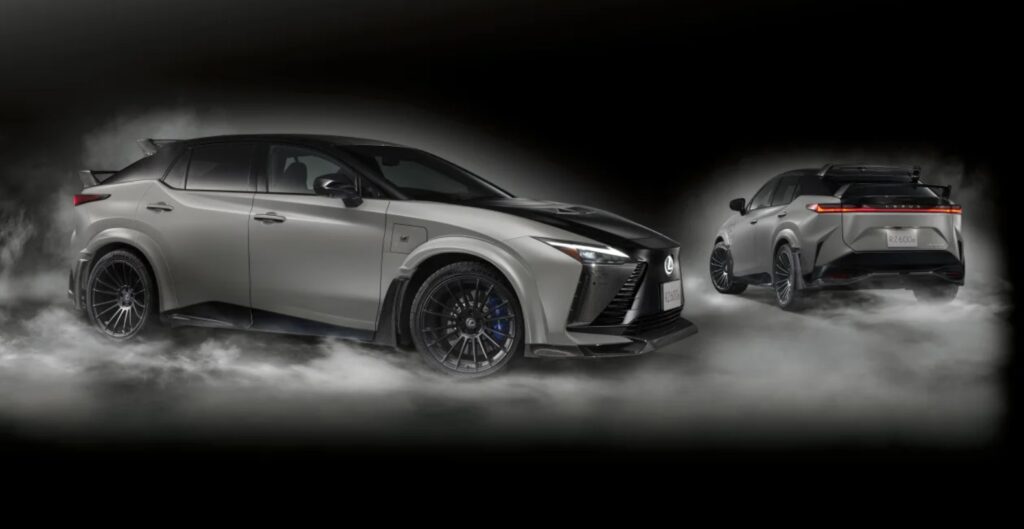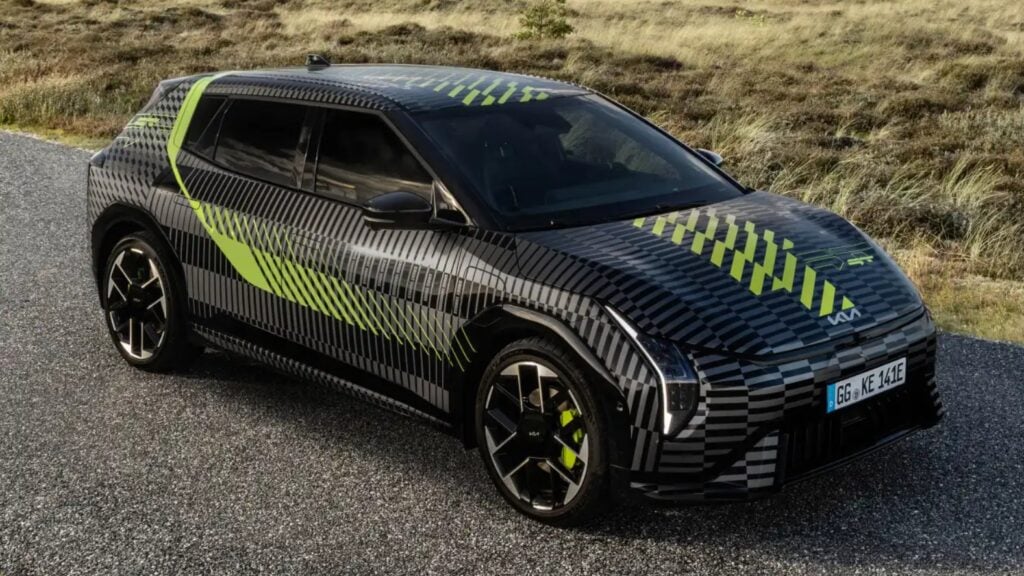Key Points
- Lexus NX450h+ coming to Australia
- Set to launch in early 2022
- Claimed 87km driving range from two electric motors
Lexus Australia has confirmed its first plug-in hybrid (PHEV) model, the 2022 NX450h+, will arrive locally in early 2022.
Initially uncertain for Australia when the next-generation NX range was unveiled in June, the NX450h+ is now set to arrive just after the already-confirmed petrol NX250, turbo-petrol NX350 and petrol-electric NX350h variants touch down in January.
The news follows the announcement of pricing and specification details for the UX300e – the first electric Lexus – and move to a five-year/unlimited kilometre warranty for the local division of the Japanese luxury brand.
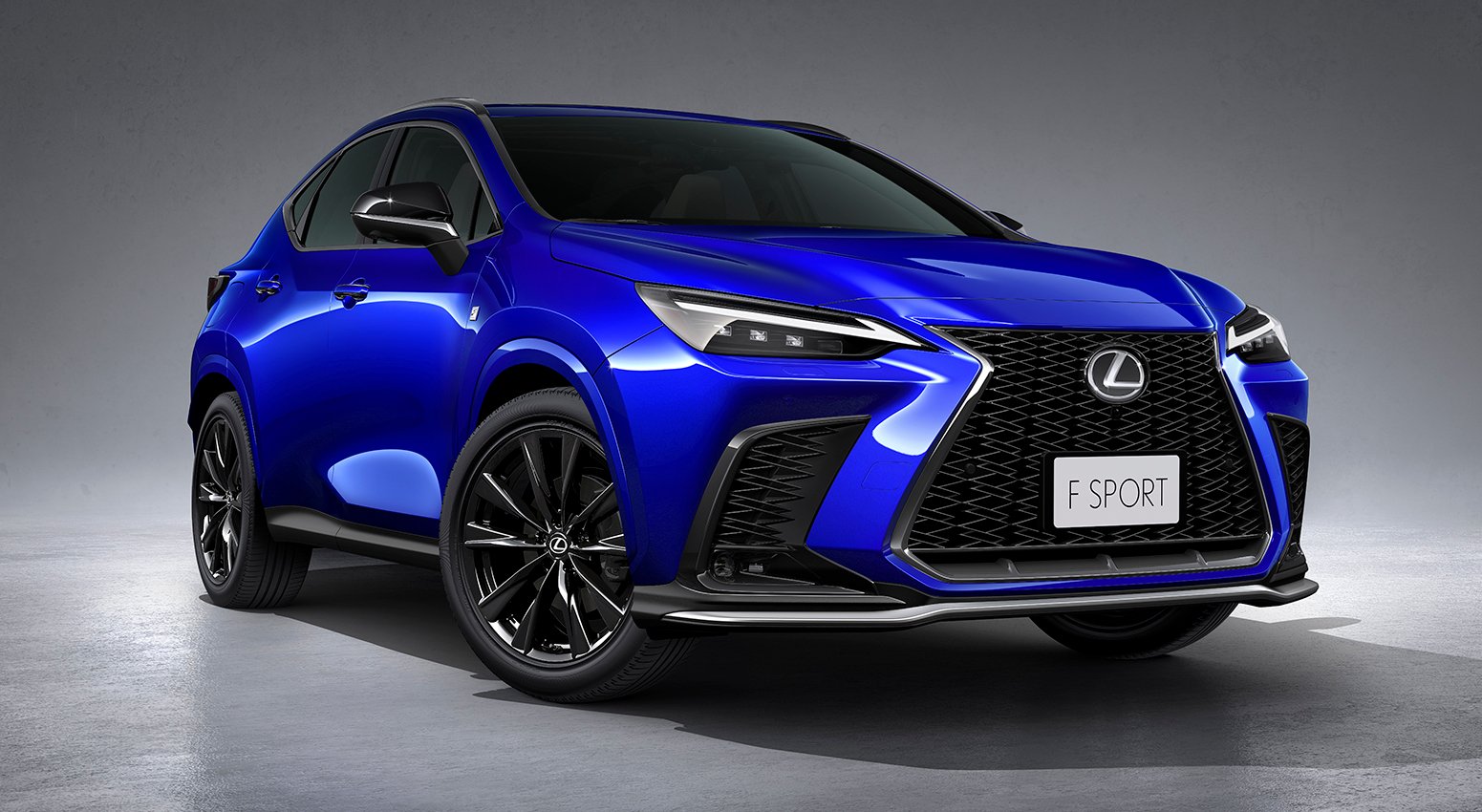
Closely related to the off-limits Toyota RAV4 Prime plug-in hybrid, the NX450h+ is powered by a 136kW/227Nm 2.5-litre naturally-aspirated petrol engine, mated to a 134kW/270Nm electric motor on the front axle and 40kW/121Nm motor on the rear axle for a combined total system output of 227kW.
Paired with an 18.1kWh battery, the NX450h+ is good for a Golf GTI-like 0-100km/h sprint in 6.3 seconds, with an 87-kilometre electric-only driving range and a claimed 1.3L/100km combined fuel economy figure on the lenient NEDC testing cycle. Additionally, the NX450h+ will emit an estimated 29 grams of CO2 per kilometre.
Set to compete with European plug-in hybrid rivals – namely the BMW X3 xDrive30e, Mercedes-Benz GLC 300e and Volvo XC60 Recharge – the NX450h+ will also battle against emerging mainstream plug-in competitors, such as the Mitsubishi Outlander, Ford Escape and Peugeot 3008 PHEVs.

In addition to the regular ‘performance-orientated drive modes’ available across the wider NX range, the NX450h+ will include four electric-specific drive settings: EV priority, auto HV/EV, HV and battery charging.
EV priority will emphasise an electric-only driving experience, while auto mode will allow the car to utilise the petrol engine more freely when required – with HV mode working like a regular hybrid vehicle.
Meanwhile, battery charging uses the petrol engine to top up when the level is low (rather than plugging-in to a wall charger.)

The rear axle motor on the NX450h+ allows for its ‘E-Four’ all-wheel drive system to feature variable torque distribution that can send up to 100 per cent of torque to the front wheels, or 80 per cent to the rear, using a range of sensors measuring G forces, yaw rate, speed, and steering angle.
Adaptive suspension is standard on the NX450h+, with a more-aggressive Sport+ damping mode available.
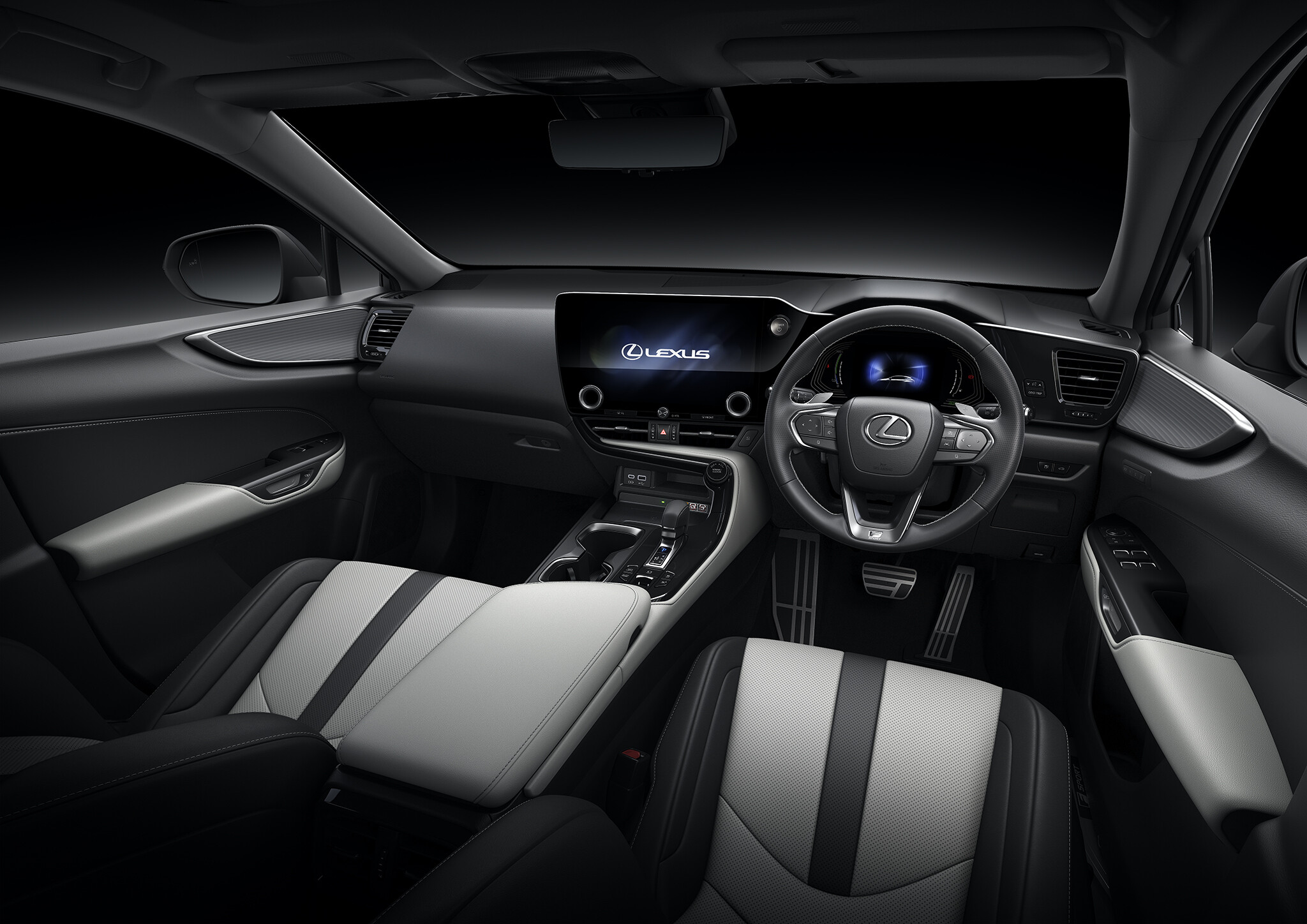
Full pricing and specification details for the 2022 Lexus NX450h+ will be announced closer to its early 2022 arrival in Australia.
With the plug-in hybrid model set to act as the flagship variant of the NX medium SUV range, expect a hefty price increase compared to the NX350h – with a starting price in line with the BMW X3 xDrive30e ($104,900 before on-road costs) and Mercedes-Benz GLC 300e ($100,300) likely.
We recommend
-
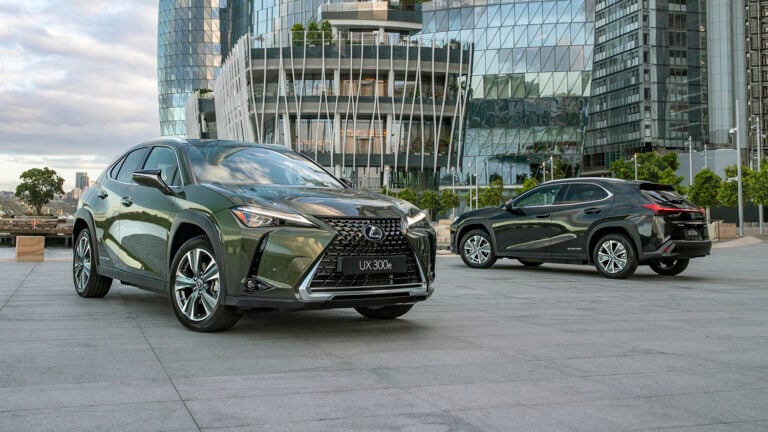 News
News2022 Lexus UX300e pricing announced, and Lexus increases warranty to 5 years
Luxury brand's first Australian EV will be be priced from $74,000 and will be the first Lexus model to come with a five-year warranty
-
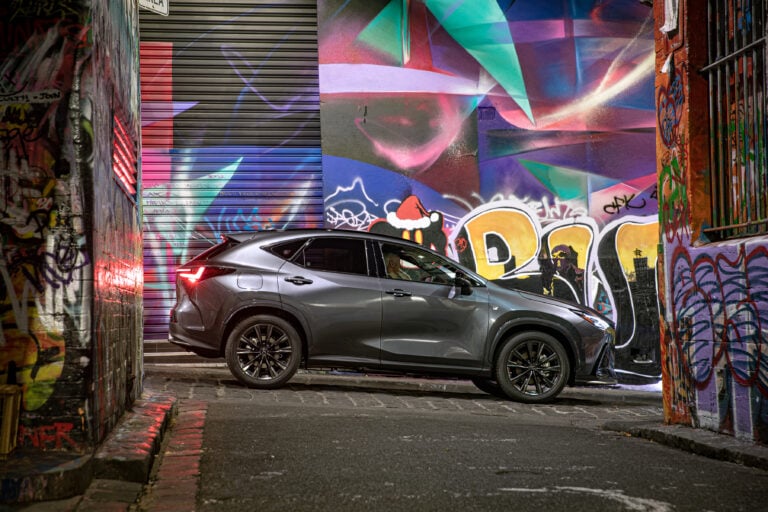 News
News2022 Lexus NX pricing and features
The all-new version of Lexus's popular medium SUV brings a host of new class-leading features
-
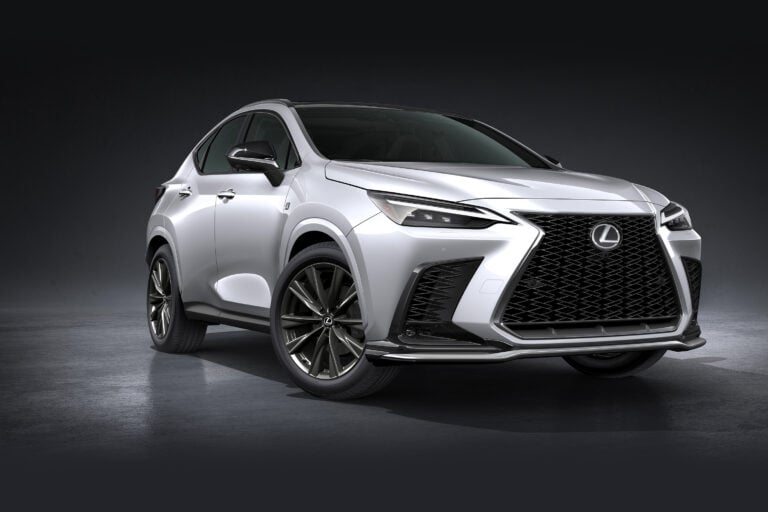 News
News2022 Lexus NX revealed, Australian variants confirmed
Lexus has revealed the new generation of its best-selling model, and when it’ll be here


